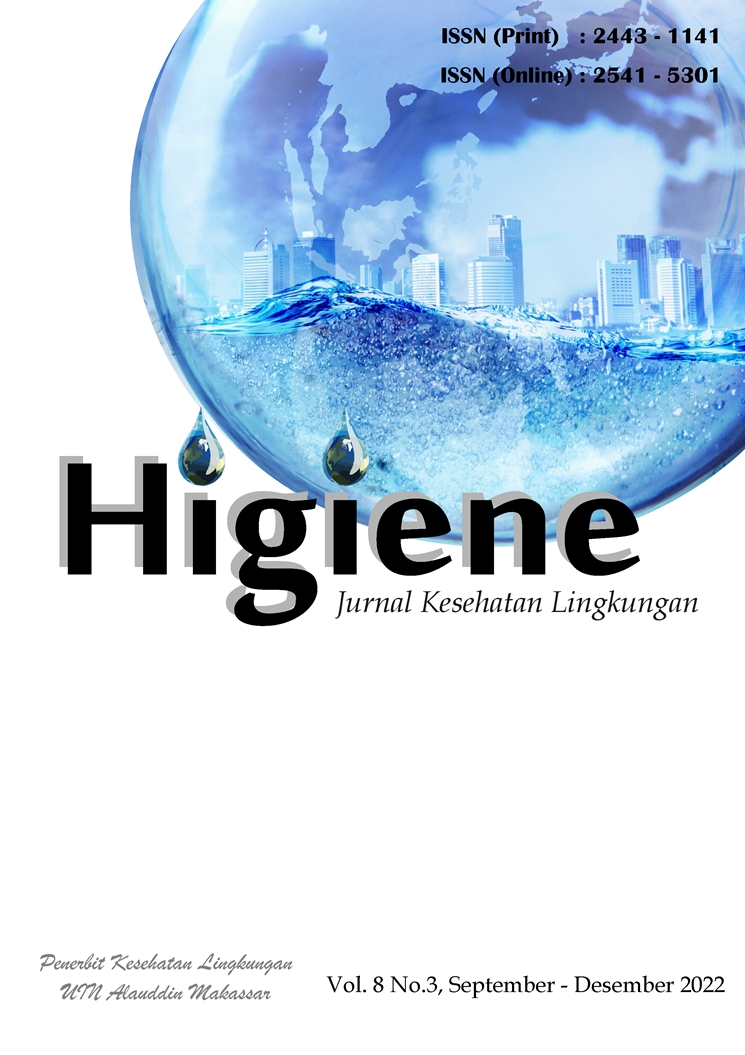Exposure of Lead from Electronic Waste with the Incidence of Attention-Deficit/Hyperactivity Disorder, Can it be Prevented? : A Literature Review
Abstract
Due to the significant and long-term effects of exposure to these chemicals on the neurological system, kidneys, bones, reproductive and endocrine systems, lead from electronic waste (E-Waste) has emerged as a key global environmental health issue. Women who became pregnant when they were growing up in a recycling facility would have an even longer exposure history, a larger body burden in physiologic deposits, and can trigger new problems when pregnant, one of the problems that can arise is Attention-Deficit/Hyperactivity Disorder (ADHD). The prevalence of ADHD in the world ranges from 2% to 7%, and an average of about 5% among children and 60% of them can continue into adulthood. The diagnosis of ADHD is more of a phenomenological diagnosis than an etiologic one, because many factors are involved and suspected to be the etiology, but manifest as the same symptoms. Article searches were carried out through PubMed, Scopus, ProQuest, Science Direct, Portal Garuda Indonesia, Sinta, and Google Scholar. The articles were selected with the following criteria: the dependent variable was lead and ADHD, the independent variable was the exposure to dust, open access to full text, and the articles selected with a publication date around 2011-2021. Based on 173 relevant articles, 18 main articles fulfil the criteria. Many studies have concluded that ADHD is the result of impaired neurological function by an imbalance of neurotransmitters belonging to the category of executive function of the brain. This study discovered that recycling of e-waste contaminates the environment with lead, which affects children's neurobehavioral development.
Keywords: E-Waste, Lead, Children, ADHD
Copyright (c) 2023 HIGIENE: Jurnal Kesehatan Lingkungan

This work is licensed under a Creative Commons Attribution 4.0 International License.


